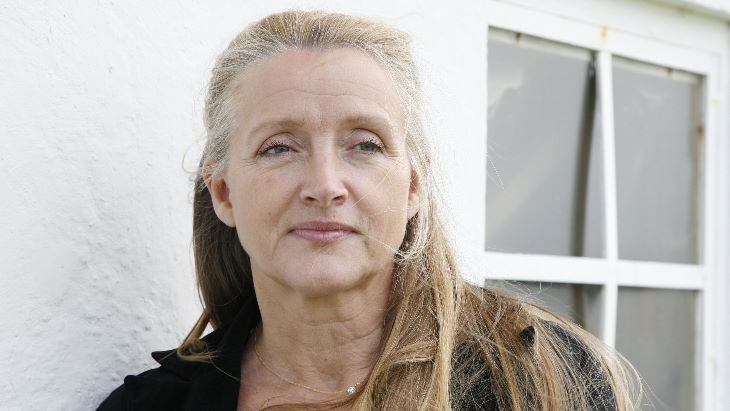The UK, which just a decade ago sourced more than 40% of its electricity from coal, will tonight pass a significant landmark in energy production as it goes two full months without this fossil fuel. The falling price of renewables is part of a "fundamental shift in the economics of energy", the BBC said. Since the start of the year, renewable energy has accounted for 30% of the UK’s electricity, fossil fuels for 35% and nuclear for 18%.
Asked whether nuclear energy was "being squeezed out" of the electricity mix, Agneta Rising, director general of World Nuclear Association, said nuclear had shown its ability to respond to decreased electricity demand during the lockdown as the only source of flexible and low-carbon baseload generation.
All forms of low-carbon power generation will be needed for the UK to achieve its target of net-zero by 2050, she said, but without nuclear, deep decarbonisation will not be achievable. Fuel for nuclear power plants can be stored on-site for several years, she said, and a plant can operate for 12-18 months before it needs to be refuelled.
The UK would not have been able to eliminate its use of coal for power generation without nuclear power in its generation mix, she said, adding that the use of nuclear power globally is growing and not shrinking. Nuclear power accounts for one-fifth of electricity generation in the European Union alone, supporting 1.1 million jobs, while 55 reactors are under construction around the world.
In planning the post-virus economic recovery, governments should take account of nuclear power’s low system costs and the obvious benefit of this to the consumer and taxpayer, she said. Moreover, investment in nuclear energy is investment in a transition to a low-carbon economy with the creation of many new jobs, she added.
In a separate interview with the BBC, Jonathan Cobb, senior communications manager with World Nuclear Association, said the nuclear industry’s existing focus on safety meant it had coped well during the pandemic.
"Safety is already embedded into the culture, so embracing some of the additional safety required to deal with COVID-19 has been something I think that was very easily taken on by the nuclear industry," he said. "And there hasn't been a situation where, because of infections or people self-isolating on a precautionary basis, there's had to be a close down of a nuclear power station."
On investment in nuclear power in the post-virus recovery, he said: "We have got the first power stations under construction in the UK, we've got construction in Finland, in France, but also in Eastern Europe, there's been continuing new build. So we've got a high level of new build already with more than 50 reactors being built around the world. And, yes, the hope is that this will now accelerate and increase."





_53504.jpg)

_13505.jpg)
_87975.jpg)






